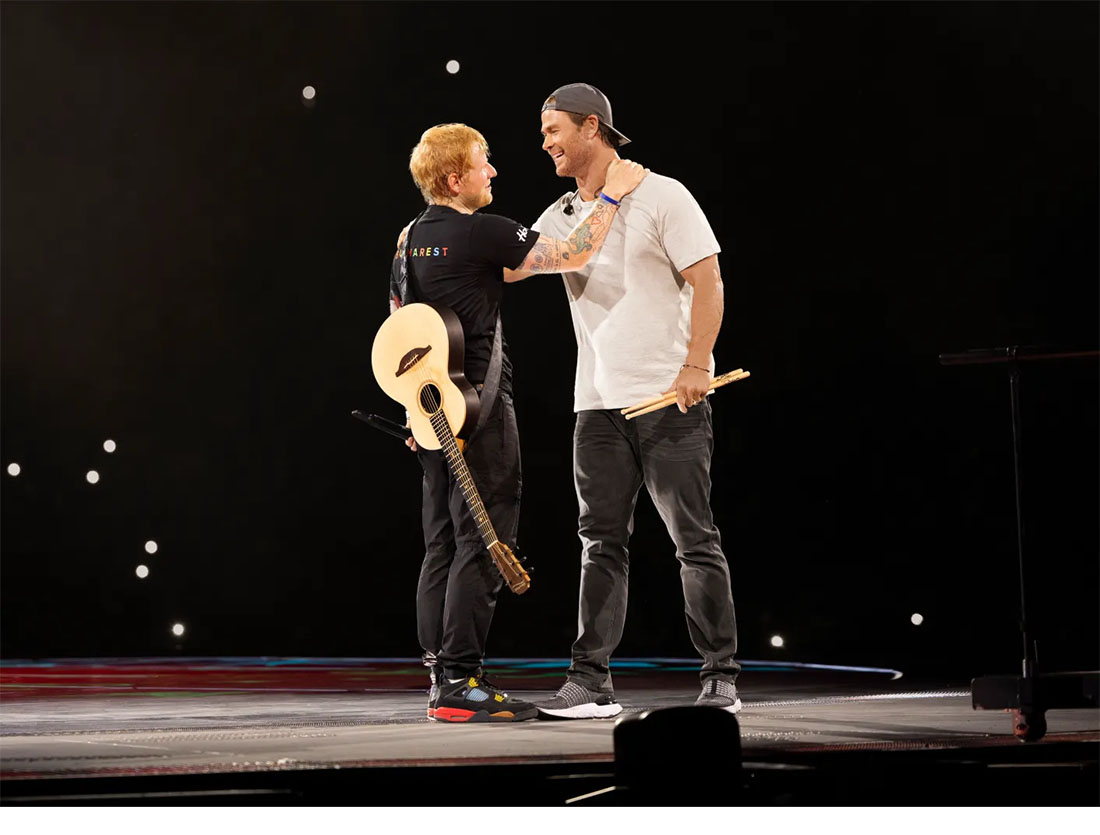
ED SHEERAN WINS APPEALS COURT BATTLE OVER COPYRIGHT CLAIMS ON 'THINKING OUT LOUD' VS. MARVIN GAYE'S 'LET'S GET IT ON'


Photo Credit: Getty Images Post Malone is making big moves in Music City. On Tuesday, June 3, TC...
Photo Credit: Getty Images Taylor Swift has officially reclaimed what many believed she never...
Photo Credit: Getty Images Shawn Mendes is set to mark a decade since the release of his debut...
Photo Credit: Getty Images The 2025 American Music Awards lit up Las Vegas with unforgettable...
Photo Credit: Getty Images Adam Ramey, the frontman of Arizona-based rap-metal band Dropout Kings, died...
Photo Credit: Getty Images Katy Perry's "Lifetimes Tour" took an unexpected turn on May 17 when a...
Photo Credit: Getty Images Over 400 prominent British musicians, such as Dua Lipa, Sir Elton John,...
Photo Credit: Getty Images Nicole Kidman has once again proven that when it comes to red carpet...
Photo Credit: Getty Images Lady Gaga made history on May 3, 2025, drawing an unprecedented crowd of 2.5...
Photo Credit: Getty Images The Voice is getting a boost from Snoop Dogg. The "Gin and Juice"...
Photo Credit: Getty Images The 2025 American Music Awards nominations are here, and hip-hop...
Photo Credit: Getty Images Grammy-nominated artist Post Malone was served with custody papers just 48...